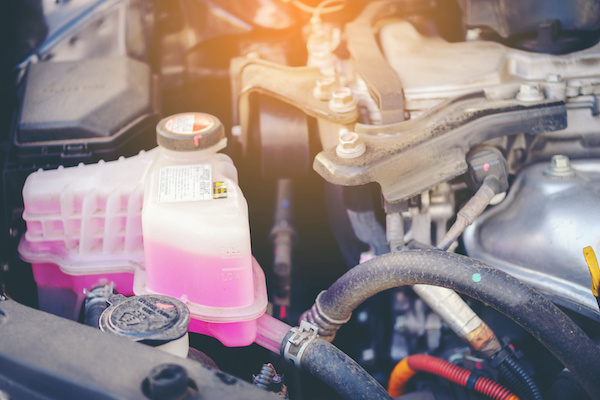
A car's cooling system is vital to the engine's stability. It helps prevent excessive heat build-up that may affect other engine components and the general vehicle operation.
A faulty system may lead to an overheated engine or the vehicle failing to start! You can avoid that eventuality by understanding your vehicle's cooling mechanism.
How Does a Cooling System Operate?
The internal combustion engine runs courtesy of burning fuel and various moving parts. That's because burning fuel and the friction from the moving parts generate large amounts of heat to propel it. That heat may build up and lead to an overheated engine that won't start.
A vehicle's cooling system channels the excess heat from the engine to the surrounding atmosphere. However, a malfunctioning system won't facilitate heat dissipation, leading to engine failure.
Common Reasons Why Cars Overheat
Your car may overheat due to various factors:
A Damaged Radiator Hose
A crack in the radiator hose can leak the coolant that carries heat from the hot engine to the radiator for cooling. At the same time, it inhibits the flow of the cold coolant to the engine for cooling. With minimal cooling and excessive heat build-up, the engine may overheat.
One way to tell the radiator hose is damaged is by smelling the coolant. You might also see a pool of green fluid on the ground below the front part of your hood.
A Malfunctioning Thermostat
A damaged thermostat can stay closed, inhibiting coolant from moving around the hot engine block. Therefore, there'll be minimal or no engine cooling.
The engine may then operate above the average optimum temperature since there's no temperature regulation. Consequently, it will overheat.
Inefficient Water Pump
If the vehicle's water pump doesn't turn as quickly and efficiently as it should, the car may overheat. A failed pump results in the inefficient circulation of coolant to and from the engine's radiator, causing heat retention.
The Car Sits Idle for Long
A car that has sat idle for a long time may face any or all of the above problems, including a clogged radiator, low or no coolant, a broken radiator fan, a weak water pump, or a faulty thermostat. Any of the named problems can result in overheating or a total vehicle breakdown.
How to Prevent a Breakdown
If you notice a rising vehicle temperature way above usual:
- Turn on the heater to draw away some heat from the engine.
- Switch off the air-conditioning system to minimize the engine's work.
- Check your car's coolant and water levels before driving off for long periods during spring or summer.
- Take the vehicle to an automotive technician to assess the root of the engine overheating.
It's wise to check the cooling system during the regular vehicle maintenance schedules to fix problems and ensure it's working efficiently. Otherwise, you may get stuck in the middle of the highway with an open hood and steaming radiator. We invite you to bring your car to Complete Car Care Encinitas today if you need cooling system repair or maintenance.